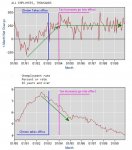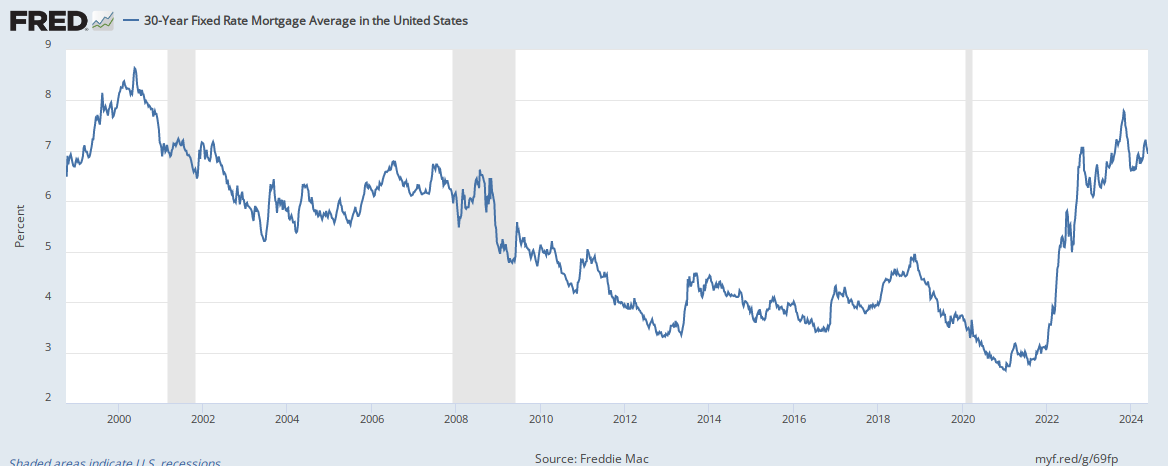- Joined
- Jul 29, 2009
- Messages
- 34,478
- Reaction score
- 17,282
- Location
- Southwestern U.S.
- Gender
- Male
- Political Leaning
- Conservative
Obama did not have year of at least 3% growth, but he also did not preside over an economic collapse in the last year of his presidency like his predecessor. Bush had inherited a much better situation from Clinton, than he turned over to Obama.
With the exception of Clinton, every one of the last 6 presidents has faced a struggling economy, none of which can be attributed to policies they themselves put into place. The true measure of a president isn't whether they faced a recession, but the effectiveness of the policies they implemented in order to combat the economic decline.
Carter came into office with a crappy economy and the policies he implemented during 4 years in office only made things worse. His policies are responsible for creating what is known as "stagflation". He failed.
Reagan came into office with an economy that had been reeling for years, and early on in his first term faced another economic recession. His policies turned things around and led to years of economic growth and prosperity. Reagan's economic policies were a success.
Bush Sr. faced a small recession in mid 1990 and implemented policies that corrected the situation. Unfortunately, because it involved raising taxes, it lost him the election in 1992. Those policies did however, allow President Clinton to enter office with a strong and growing economy that remained strong until the last year of his presidency. So Bush's policies were a success.
George W. Bush entered office with an economy that was in a slight downturn. He implemented a policy involving tax cuts, but that policy was undercut by the terrorist attacks on September 11th which sent the economy into a tailspin. He then implemented a second round of tax cuts in 2003 and those tax cuts were effective in spurring economic growth and turning things around. Bush's economic policies were successful until the collapse of the housing market in 2007 brought the American economy to it's knees.
Obama entered office facing an economic disaster, but the question is, were his policies effective in turning things around? Based on what I have seen, I would have to say no. The action he took right after taking office was the $800 billion stimulus package, which ended up being the greatest waste of tax payer money in the history of the republic. It did nothing in the short term, or long term to bolster the economy. Adding to that, he and his democratic allies decided to focus on universal health care instead of economic stability. They pushed through the greatest government spending bill in history, right in the middle of the worse economic crisis since WWII. I call that "taking you eye off the ball" in a monumental way.
When you look at where we are today with years of small, sub-par GDP growth, record numbers of Americans not working, those who are employed getting fewer hours and smaller paychecks, and middle class families facing higher insurance premiums for coverage that many of them don't want or need, there is no way you can possibly say that Obama's economic policies have been successful.
.


